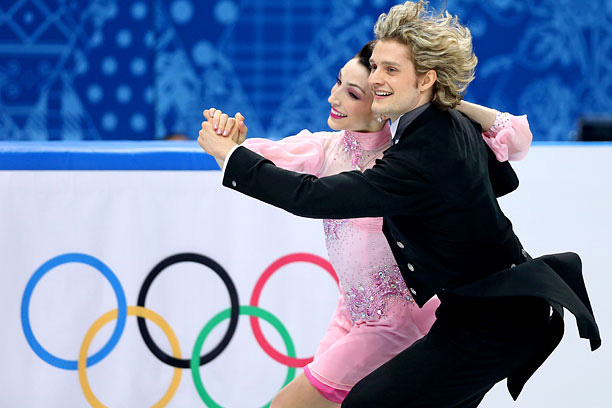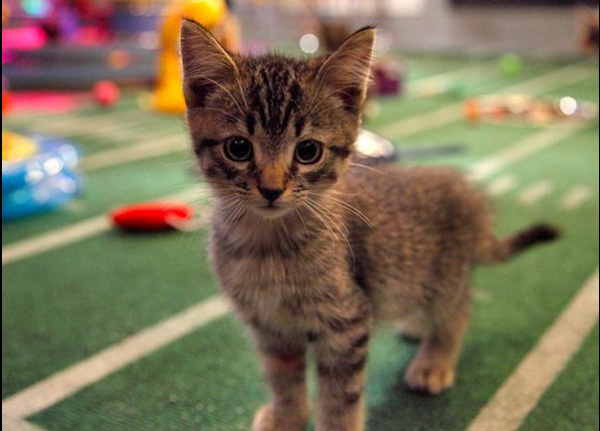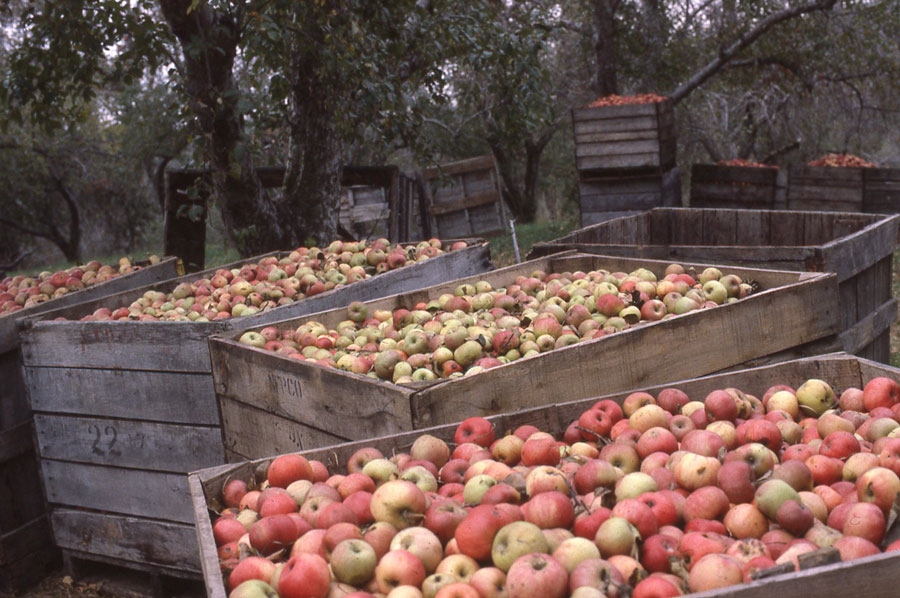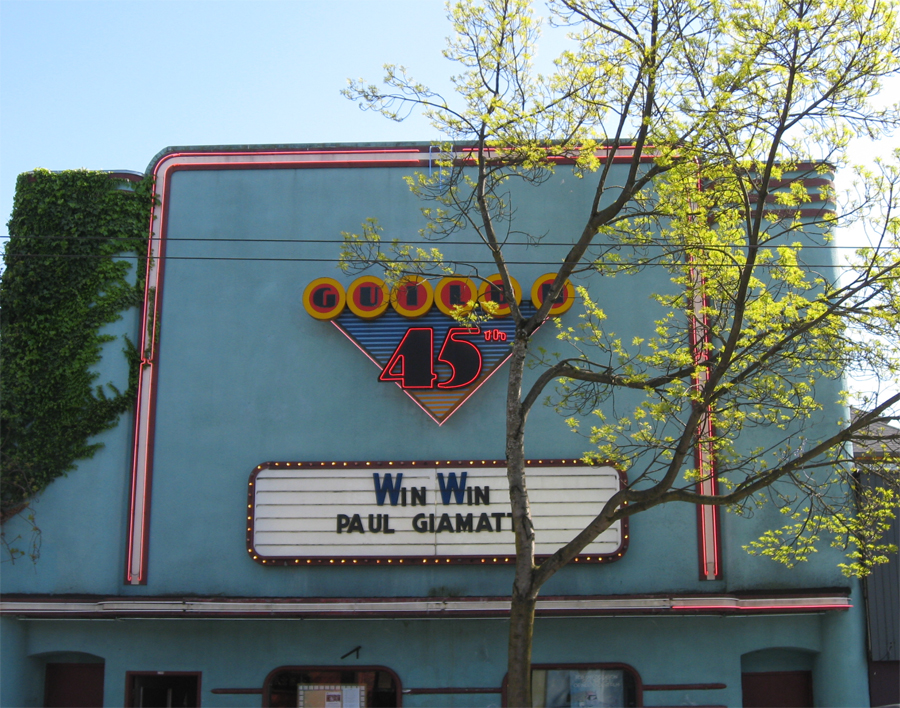Rising stars shine brightest in the tennis world.
Because the game is, for the most part, an individual sport, the cult of personality can sometimes play havoc with discipline, attitude and sanity. Often when a talented new player bursts into public view on a stage far bigger than the local tennis court, the ensuing media storm proves a more dangerous threat to competent performance than the wiliest opponent.
Nowhere is this phenomenon more merciless than at the U.S. Open. Now underway in New York City, the final major tennis event of the year takes place on the biggest, and often most raucous, venue in the professional tennis circuit.
A few days ago, fifteen-year-old American CiCi Bellis thrilled the crowd with an exciting upset victory over the No. 12 seed, 2014 Australian Open runner-up Dominika Cibulkova, a fiery player from Slovakia recently ranked No. 10 in the world. The veteran Cibulkova, who is twenty-five years old, was expected to win.
The media went nuts. Bellis appeared to take it in stride. This is the beauty of being fifteen years old. You don’t know how lucky you are, until you aren’t.
Two days after her stunning victory, the young star had to play a night match against twenty-year-old Zarina Dyas of Kazakhstan. The crowd was solidly in Bellis’s corner from the first point. They cheered when she got over her nerves and began playing well, after the first three games. They cheered every time her opponent made an error, not exactly classic tennis etiquette, but not unusual with a New York crowd. And they went crazy when, after losing the first set 3-6, Bellis went on a tear and won seven games in a row, taking the second set 6-0.
But then one of those almost imperceptible shifts in momentum occurred. Dyas maintained her composure throughout, in spite of the crowd applauding her every mistake. She quietly dug in and battled back hard, fighting her way to win the third set handily before finally sending Bellis back to San Francisco with some things to think about.
However, in case there was any doubt about who was the winner as far as the media was concerned, consider this: usually, at the conclusion of every match, the media representatives swarm the winner to grab footage and quotes. At the conclusion of the Dyas-Bellis match, the microphone was thrust not in Dyas’s face, but in Bellis’s.
I was sorry to see this. Dyas, playing in front of an almost hostile crowd, carried herself with the kind of grace and stoic grit that has been the hallmark of many great tennis players. Bellis, in contrast, was cute as a puppy, frisky and playful. You couldn’t not like her. But I don’t think she would have been damaged if the media had had the good sense to first congratulate the winner before fawning over the newest darling of the tennis world.
No doubt I’m just bitter. I remember how it felt to have to play singles against a much younger opponent. When I was in my mid-forties, new to tennis and pie-eyed with enthusiasm, I entered a charity tournament at the local rec club. I don’t know how they came up with the draw but I’ll never forget my opponent. She was fourteen. She was blonde, leggy, with a killer topspin forehand that took the wind out of my sails in a hurry.
And to make matters worse, she was kind and polite. It was obvious from the first point that she was going to beat me. The only question was, would I be able to win a game. When it was over she shook my hand and I wished her well in the rest of the tournament.
I kept playing tennis. Over the years I won some matches, and lost more. But my appreciation for the game, for the skill it demands, for the energy it requires, for the passion it inspires, still keeps me playing.
In any sport, winning is more fun than losing. But losing teaches you that no matter how good you may think you are, there’s always someone who can beat you. Yet in tennis you’re expected to be gracious whether in victory or defeat, because, at least in tennis, good manners are supposed to be part of the game.
Just another thing to practice.








